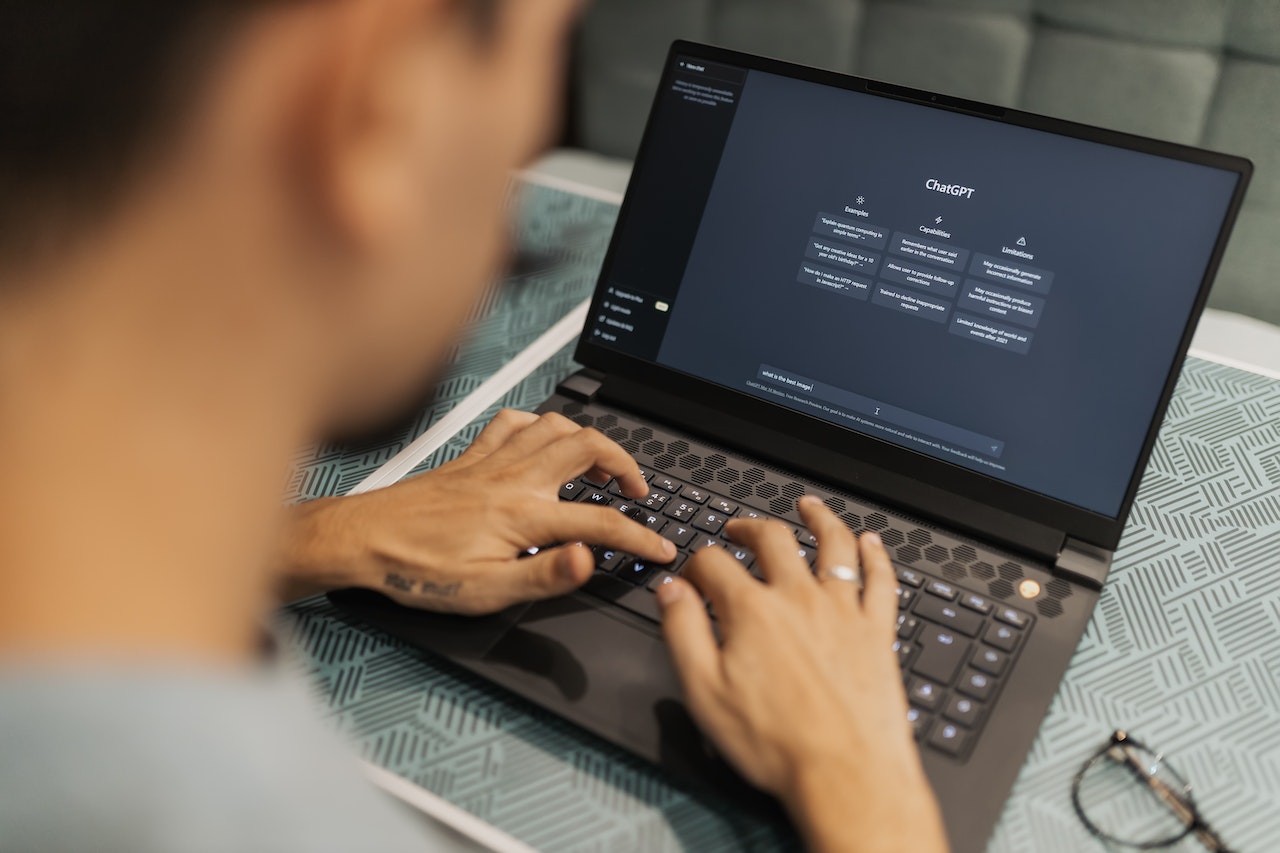AI, or Artificial Intelligence, has revolutionized various industries, and the field of fashion design is no exception. From predicting trends to enhancing design processes, AI has become an invaluable tool for fashion designers. In this article, we will explore the ways AI is transforming the fashion industry and the benefits it brings to designers and consumers alike.
Introduction to AI in Fashion Design
Fashion design has always relied on creativity, intuition, and the ability to spot emerging trends. With the advent of AI, fashion designers now have access to advanced tools and technologies that can assist them in the design process. AI algorithms can analyze vast amounts of data, predict consumer preferences, and generate innovative designs, making the creative process more efficient and informed.
AI-Powered Trend Analysis
One of the key applications of AI in fashion design is trend analysis. AI algorithms can analyze social media feeds, fashion blogs, runway shows, and other sources of data to identify emerging trends. By understanding consumer preferences and forecasting future trends, designers can create collections that resonate with their target audience.
Virtual Design Assistants
AI-powered virtual design assistants are becoming increasingly popular among fashion designers. These assistants can generate design options based on specific inputs provided by the designer. They can also help with pattern-making, color selection, and fabric choices. By automating repetitive tasks, designers can focus more on the creative aspects of their work and bring their visions to life more efficiently.

Customization and Personalization
AI enables fashion designers to offer customized and personalized products to their customers. By analyzing individual preferences and body measurements, designers can create made-to-order garments that fit perfectly and reflect the customer’s unique style. This level of customization enhances the overall customer experience and strengthens brand loyalty.
Efficient Inventory Management
AI algorithms can optimize inventory management by predicting demand patterns and suggesting appropriate stock levels. By analyzing historical sales data, current trends, and external factors such as weather conditions, AI can help fashion brands avoid overstocking or understocking. This leads to reduced costs, minimized waste, and improved supply chain efficiency.
Sustainable Fashion with AI
Sustainability is a growing concern in the fashion industry. AI can contribute to sustainable practices by optimizing material usage, reducing waste, and improving production processes. For example, AI algorithms can analyze fabric properties and recommend sustainable alternatives that have a lower environmental impact. By incorporating AI into the design and manufacturing stages, fashion brands can work towards a more sustainable future.
Enhancing the Shopping Experience
AI technologies, such as virtual reality (VR) and augmented reality (AR), are transforming the shopping experience for consumers. Virtual try-on features allow customers to visualize how garments would look on them without trying them on physically. AI-powered recommendation systems also help consumers discover products that align with their preferences, improving the overall shopping experience.

Ethical Considerations
While AI offers numerous benefits to the fashion industry, ethical considerations must be taken into account. Issues such as data privacy, bias in algorithms, and labor implications need to be addressed. It is crucial for fashion brands to ensure transparency, fairness, and ethical practices when incorporating AI into their design processes.
AI and Collaborative Design
AI can facilitate collaborative design processes by enabling designers to work remotely and share ideas seamlessly. Designers from different locations can collaborate in real-time, making the design process more efficient and inclusive. AI tools also assist in generating design variations and gathering feedback from multiple stakeholders.
Challenges and Future Outlook
While AI has shown great potential in fashion design, there are challenges that need to be overcome. Some designers may feel hesitant to adopt AI due to the fear of machines replacing human creativity. Additionally, there are technical challenges such as ensuring accurate measurements and realistic fabric simulations. However, as AI continues to advance, these challenges are likely to be addressed, and the future of AI in fashion design looks promising.

Conclusion
AI has transformed the fashion design landscape by providing designers with powerful tools and capabilities. From trend analysis to personalized design options and sustainable practices, AI is revolutionizing the industry. However, it is essential to strike a balance between human creativity and AI assistance to ensure the continued innovation and uniqueness of fashion design.
FAQs
1. Can AI completely replace human fashion designers?
No, AI cannot replace human fashion designers entirely. While AI offers valuable assistance and automation, the creative aspects of fashion design require human intuition, emotions, and artistic vision.
2. How does AI help in predicting fashion trends?
AI analyzes vast amounts of data from various sources such as social media, fashion blogs, and runway shows. By identifying patterns and consumer preferences, AI algorithms can predict emerging fashion trends.
3. Is AI used only by high-end fashion brands?
No, AI is being adopted by fashion brands of all sizes. The availability of AI tools and technologies has increased, making it accessible to a wide range of designers and brands.
4. Can AI help reduce the environmental impact of the fashion industry?
Yes, AI can contribute to sustainable practices in the fashion industry. By optimizing material usage, reducing waste, and improving production processes, AI can help minimize the environmental impact of fashion manufacturing.
5. What are the privacy concerns associated with AI in fashion design?
AI relies on data analysis, and privacy concerns can arise when handling customer data. It is crucial for fashion brands to prioritize data privacy and implement robust security measures to protect customer information.





